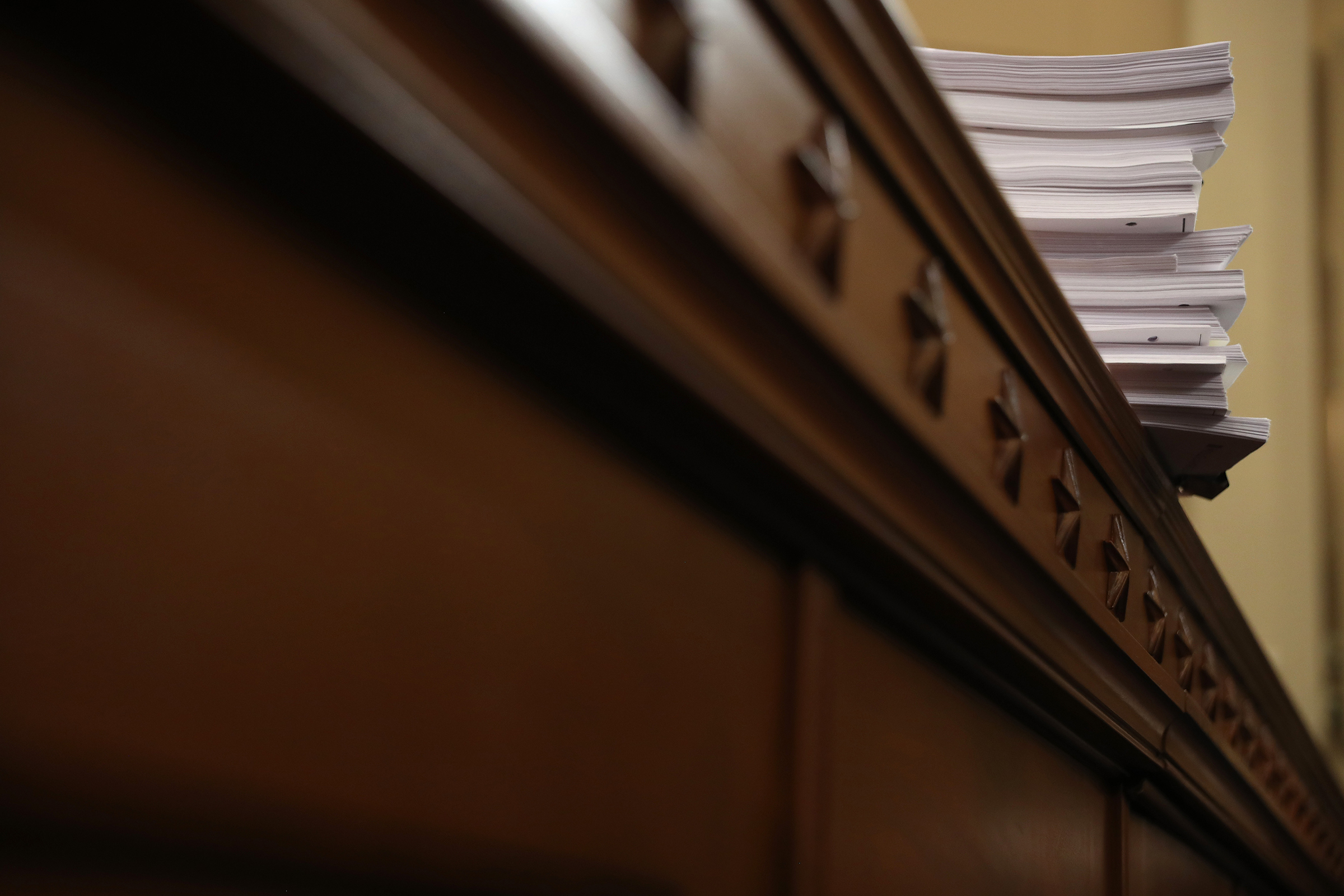
Whistleblowing has long been a vital weapon against public and private wrongdoing in America. Just as FBI whistleblower Mark Felt called out Richard Nixon’s systemic criminality and Karen Silkwood disclosed the massive risks of nuclear power, so today whistle-blowers are explaining how Cambridge Analytica helped to corrupt our elections or how Big Pharma hooked our nation on opioids. In 2019, a whistleblower revealed startling facts about President Donald Trump’s July 25 phone call with Ukrainian President Volodymyr Zelensky, triggering impeachment proceedings.
Whistleblowing is based on celebrated American ideals, such as the freedom of expression, the right and duty of citizens to warn of public wrongdoing, and the importance of the individual conscience. Pioneering whistleblower laws were passed by the Continental Congress in 1778, and by Abraham Lincoln in 1863, at the height of the Civil War.
Who should be TIME’s Person of the Year for 2019? Cast your vote in the reader poll.
But as important and effective as whistleblowing has become today, its rise is actually bad news for American society in the long term– a symptom of the breakdown of internal checks and balances on our corporations and our government. This current spate of high-level disclosures by whistleblowers coincides with the spread of cultures of secrecy, of outsourcing public goods and services to private contractors, of increasing normalization of conflict of interest and other unethical practices as clever business models, and the weakening of the very concept of public service itself. Watchdogs are disappearing, as regulators are captured, defunded or drowned out by lobbying, as local newspapers cut their staffs, and with fewer attorneys at the Department of Justice willing or able to prosecute white collar criminals. Corporate and government insiders realize that if they don’t speak out, no one will ever learn of the wrongdoing they see.
We publicly celebrate whistleblowers in the news and in films as heroes, but in real life we allow most of them to be permanently blackballed in their chosen fields. This two-faced view toward people with the rare courage to speak truth to power suggests why whistleblowing is so alarmingly easy to politicize. And since the basic currency of whistleblowing is a respect for facts and the rule of law, the act of whistleblowing, like democracy itself, is at hazard in today’s postfact world.
More Must-Reads From TIME
- The 100 Most Influential People of 2024
- The Revolution of Yulia Navalnaya
- 6 Compliments That Land Every Time
- What's the Deal With the Bitcoin Halving?
- If You're Dating Right Now , You're Brave: Column
- The AI That Could Heal a Divided Internet
- Fallout Is a Brilliant Model for the Future of Video Game Adaptations
- Want Weekly Recs on What to Watch, Read, and More? Sign Up for Worth Your Time
Contact us at letters@time.com